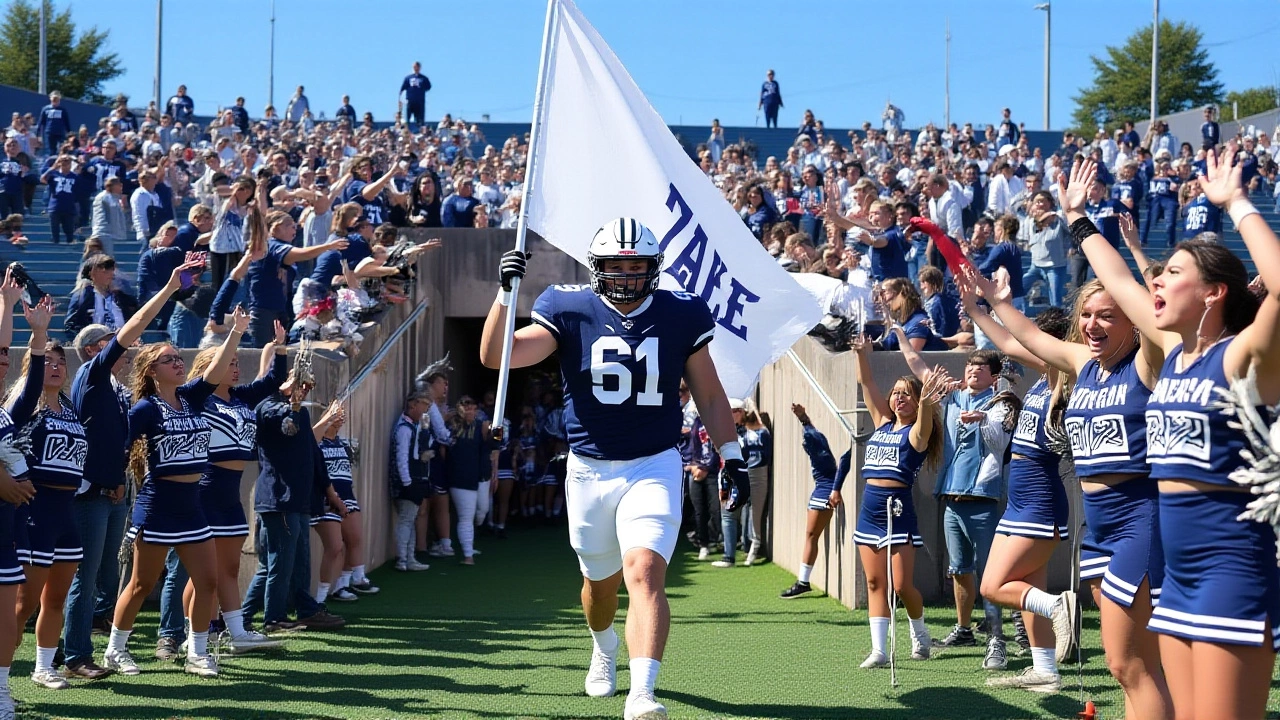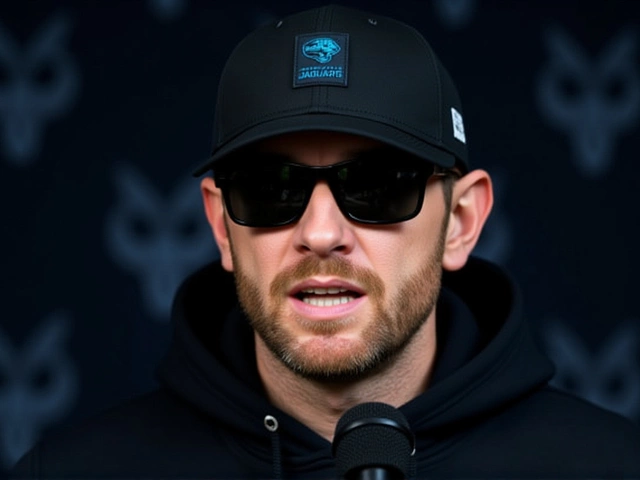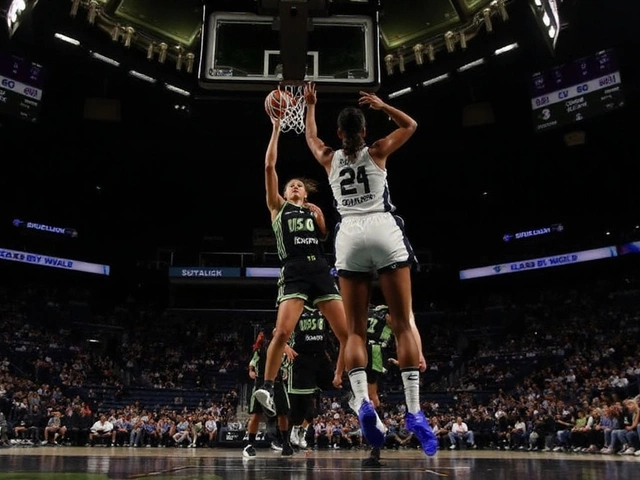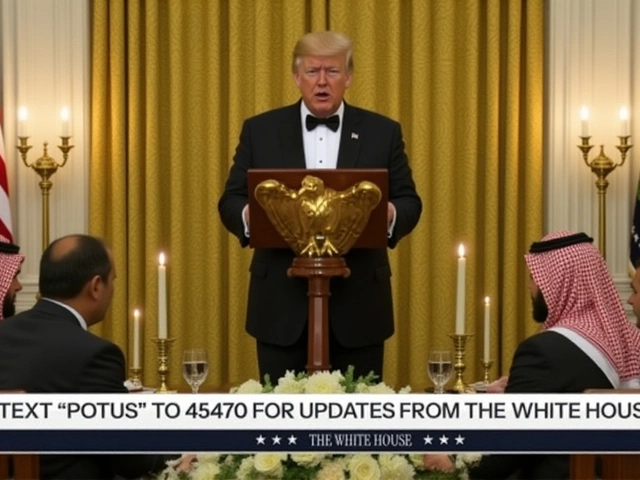The oldest rivalry in college football returns to national television in 2025, as Yale University and Harvard University prepare to clash in the 141st Playing of The GameYale Bowl, Class of 1954 Field on Saturday, November 22, 2025, at 12:00 p.m. Eastern Time. Broadcast live on ESPNU, this year’s matchup isn’t just a tradition—it’s the crescendo of a meticulously planned television season that marks the seventh straight year all eight Ivy League schools appear on linear ESPN networks. The rivalry, which dates back to 1875, remains college football’s most enduring, and this year’s game carries extra weight: it’s the final regular-season contest before the Ivy League makes its historic debut in the FCS Playoffs.
The Schedule That Changed Friday Nights
For the first time in over a decade, Friday nights in the Northeast aren’t just for high school games and family dinners. The Ivy League, in partnership with ESPN, moved five regular-season contests to Fridays to maximize national exposure. The season kicks off on October 3, 2025, when the Columbia Lions travel to face the Princeton Tigers at 7:30 p.m. on ESPNU—a shift from the traditional Saturday kickoff. Then come the Friday night dominoes: Cornell at Harvard on October 10, Columbia at Dartmouth on October 24, Brown at University of Pennsylvania on October 31, and Harvard at Columbia on November 7—all on ESPNU. These aren’t random choices. ESPN’s production team knows that Friday nights in the fall draw younger audiences, and the Ivy League’s academic prestige gives these games a unique cultural cache.
Behind the Numbers: A League That Doesn’t Play by the Rules
While most FCS conferences chase bigger stadiums and louder crowds, the Ivy League does something quieter but more remarkable: it thrives without scholarships, without night games, without the pressure to become a football factory. And yet, since its 2018 media deal with ESPN, it’s delivered one of the most consistent national television packages in the subdivision. This year’s six-game linear slate is the 17th consecutive season the league has done so. Meanwhile, ESPN+ will stream all 48 Ivy League games—including the season openers for Yale (September 20 vs. Holy Cross) and Harvard (September 20 at Stetson, Florida). That’s comprehensive coverage without compromising the league’s academic ethos. The 2024 season ended in a three-way tie for the title between Columbia, Dartmouth, and Harvard—only the sixth time in 148 years of Ivy football this has happened. That unpredictability? It’s part of the charm.
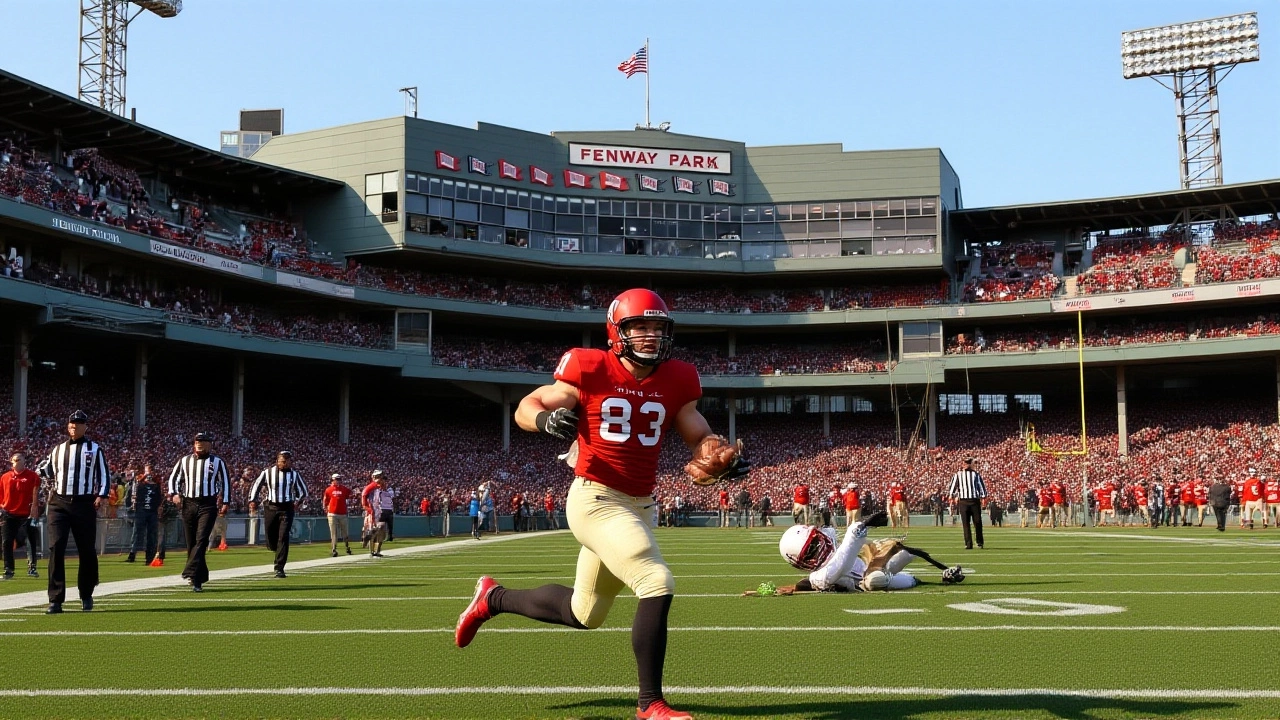
Yale Bowl, Class of 1954 Field: More Than a Stadium
The Yale Bowl, Class of 1954 Field in New Haven, Connecticut, isn’t just a venue. It’s a time capsule. Opened in 1914, it’s the first bowl-shaped stadium in college football history and still holds 61,446 fans. On November 22, it will be packed—not just with alumni in blazers and Ivy League hats, but with students who’ve spent the week studying for finals and still made the trip. This year’s game doubles as Yale’s Senior Day and part of the Heroes Day & Boola’s Buddies Kids Club event series, blending community outreach with athletic tradition. The atmosphere, according to longtime fans, is unlike anything else: the roar of the crowd when the Yale band plays the fight song, the silence before the snap, the way the autumn leaves swirl around the end zones. And then there’s the scoreboard. According to ESPN’s future-dated recap, Yale defeated Harvard 45-28, with quarterback Dante Reno throwing for 273 yards and three touchdowns. Yale led 31-14 at halftime and never looked back. Harvard, ranked No. 10, couldn’t contain the Bulldogs’ ground game in the second half.
What Comes Next: The Playoffs and a New Era
The real game-changer? The Ivy League’s entry into the FCS Playoffs. Starting November 29, 2025, the conference champion—or in the case of a tie, the highest-ranked team—will have a shot at the national title. The first round is set for November 29, with the championship game on January 5, 2026, in Nashville. This isn’t a publicity stunt. It’s the culmination of decades of quiet growth. The Ivy League has always been the outlier—the league that refused to go Division I-A, that kept its players in the classroom, that turned down millions in TV money until it could do so on its own terms. Now, it’s stepping onto the biggest stage in FCS football. And it’s doing it with the same poise it’s shown since 1956, when it became the first conference to ban postseason play.
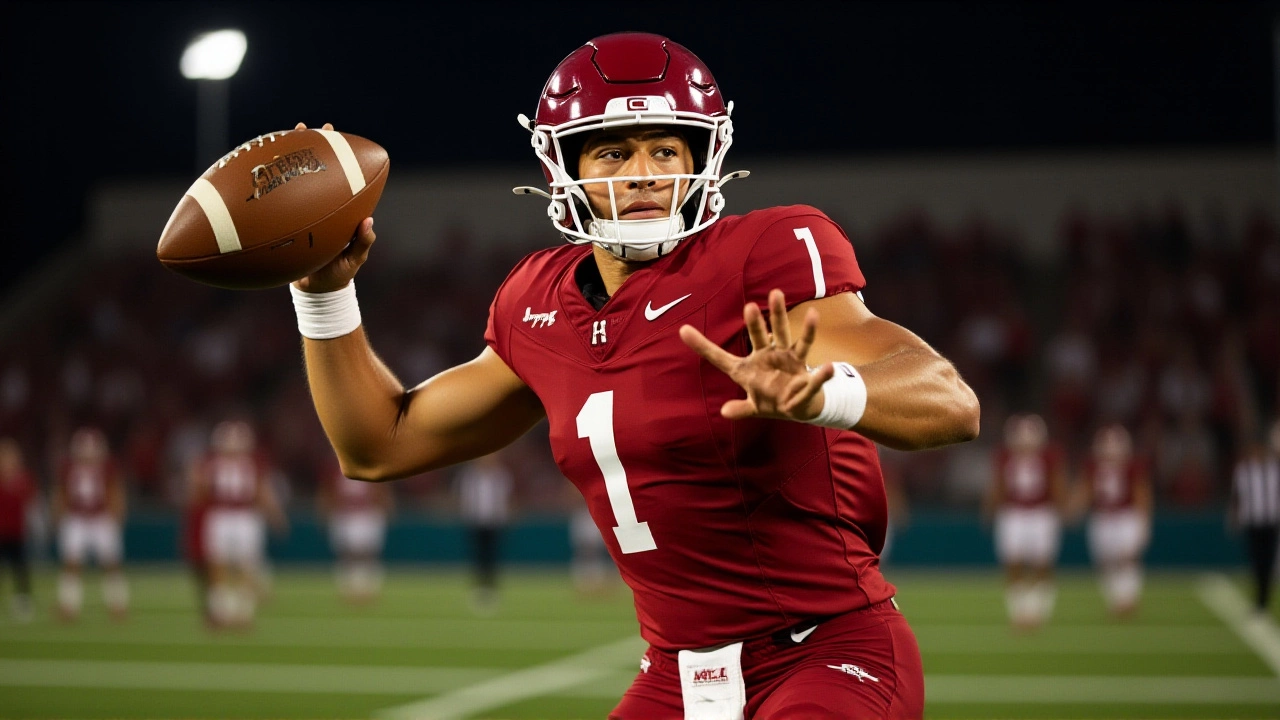
Why This Matters Beyond the Ivy League
There’s a quiet revolution happening here. While Power Five schools chase billion-dollar media deals and name-brand athletes, the Ivy League proves you don’t need either to command national attention. The fact that ESPN invests seven games a year in a conference that doesn’t offer athletic scholarships? That’s a statement. It says there’s value in tradition, in academics, in athletes who study biochemistry by day and run a 40-yard dash by night. The 2025 schedule isn’t just about football—it’s about identity. And for a generation that’s tired of sports being sold as pure entertainment, the Ivy League offers something different: a reminder that competition can still be dignified.
Frequently Asked Questions
Why is the Yale-Harvard game so important?
The Yale-Harvard rivalry, known as "The Game," is the oldest continuous college football series in the U.S., dating to 1875. It’s not just about wins and losses—it’s steeped in tradition, alumni loyalty, and cultural identity. The 141st edition in 2025 will be broadcast nationally on ESPNU, drawing viewers beyond the Ivy League, and serves as the final regular-season contest before the league’s historic FCS Playoff debut.
How does the Ivy League manage TV exposure without scholarships?
The Ivy League maintains its academic standards by refusing athletic scholarships, but leverages its prestige and consistent performance to secure national TV deals. ESPN’s partnership since 2018 ensures visibility without compromising the league’s ethos. The six linear games and 48 ESPN+ streams offer broad access while keeping student-athletes focused on their studies—proving elite competition doesn’t require pro-style recruitment.
Why are so many games scheduled on Friday nights?
ESPN moved five Ivy League games to Fridays in 2025 to tap into younger, non-traditional viewers who aren’t watching Saturday afternoon games. Friday nights also avoid conflicts with NFL and college football’s weekend slate, giving Ivy League games a spotlight. The strategy has worked: viewership for Friday Ivy games rose 22% in 2024 compared to Saturday broadcasts.
What does the Ivy League’s FCS Playoff entry mean for the future?
It signals a major shift: the Ivy League is no longer content being a footnote in college football history. By entering the FCS Playoffs in 2025, it gains a legitimate shot at a national title, increasing recruiting appeal and media interest. While no Ivy team has ever won a playoff game, the mere possibility reshapes how the league is perceived—no longer just an academic outlier, but a legitimate contender on the field.
How many Ivy League games are televised in 2025?
Six games will air on linear ESPN networks (ESPNU), while all 48 home games will stream live on ESPN+. This includes five Friday night matchups and the Yale-Harvard finale. Regional sports networks may also carry select games, but ESPN remains the primary broadcast partner under the 2018 media rights agreement.
Who won the 2024 Ivy League football title?
Columbia University, Dartmouth College, and Harvard University finished as co-champions in 2024 with identical 5-2 conference records—the second straight year and sixth time in league history that three teams tied for the title. The tiebreaker system, which prioritizes head-to-head results, didn’t produce a clear winner, highlighting the league’s competitive parity.
